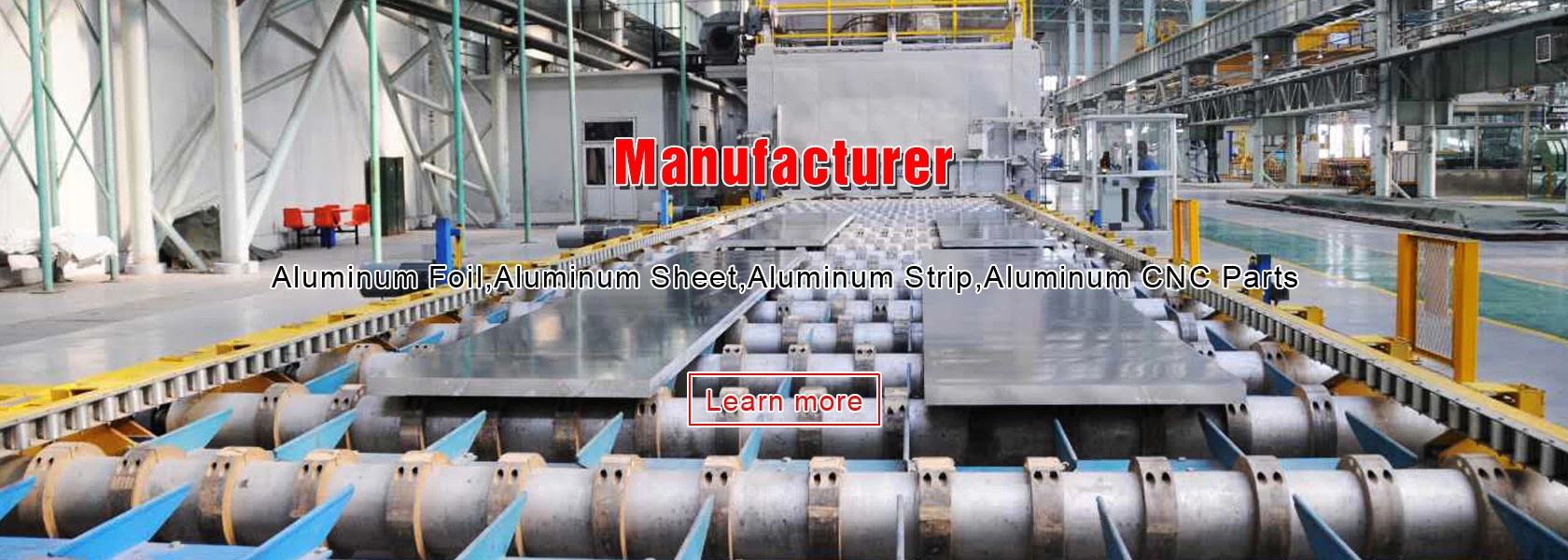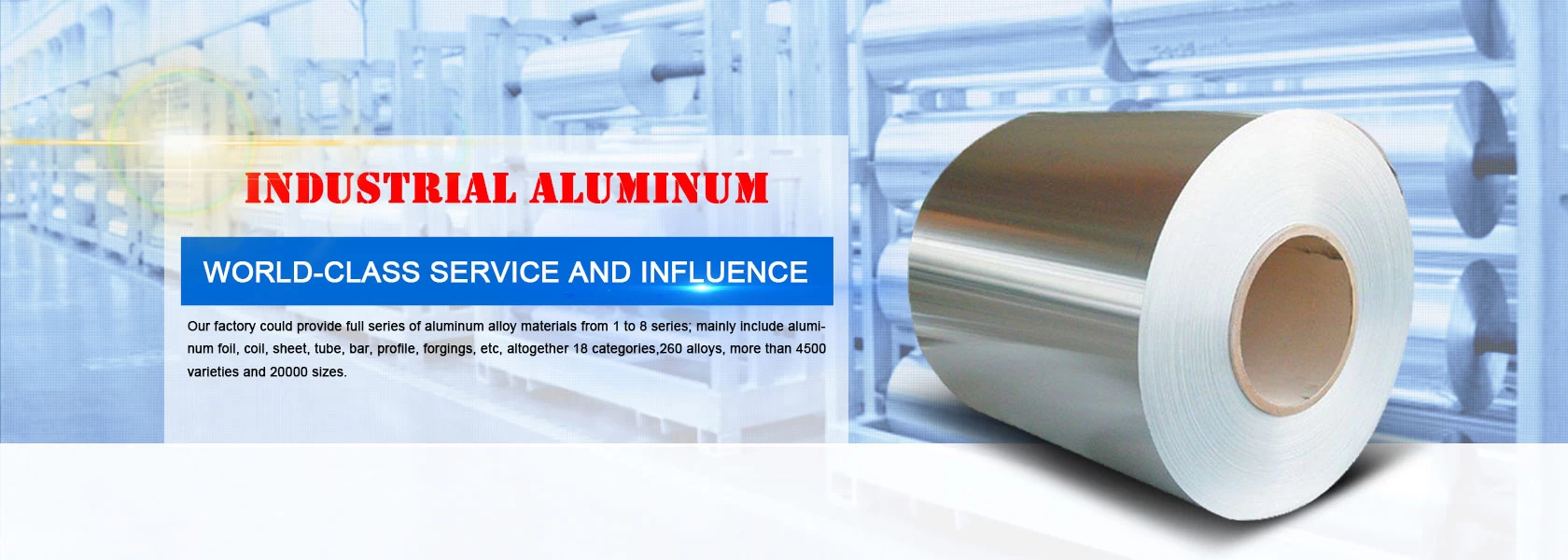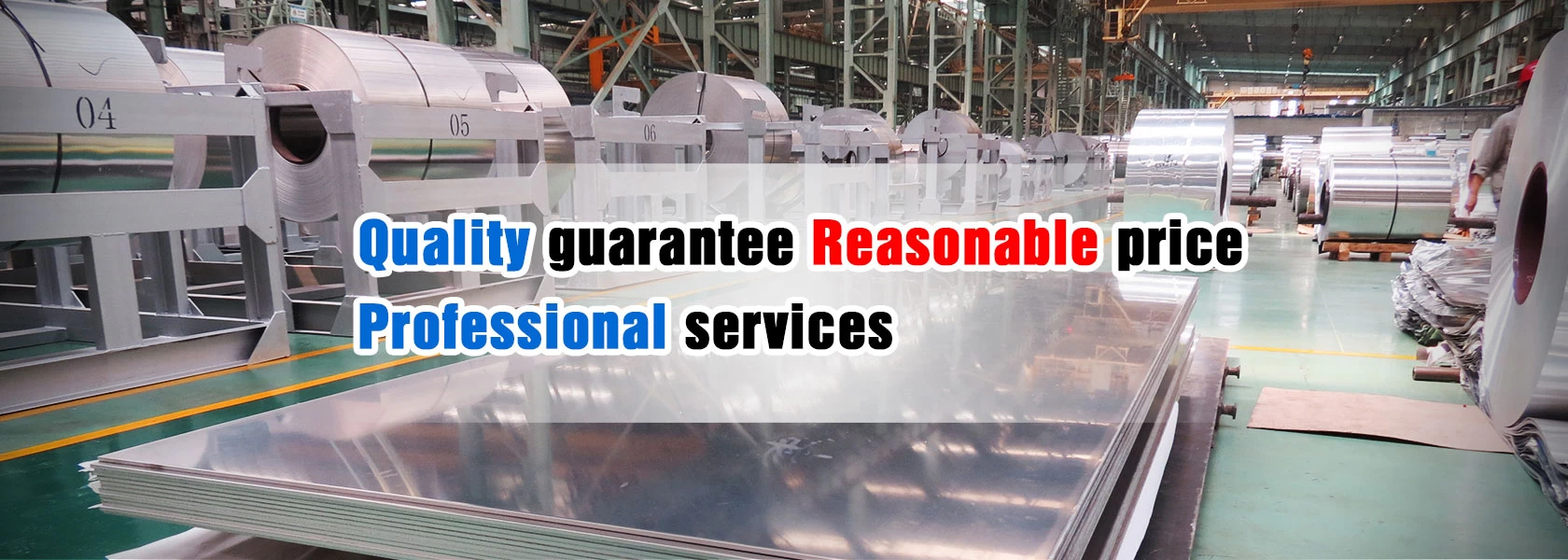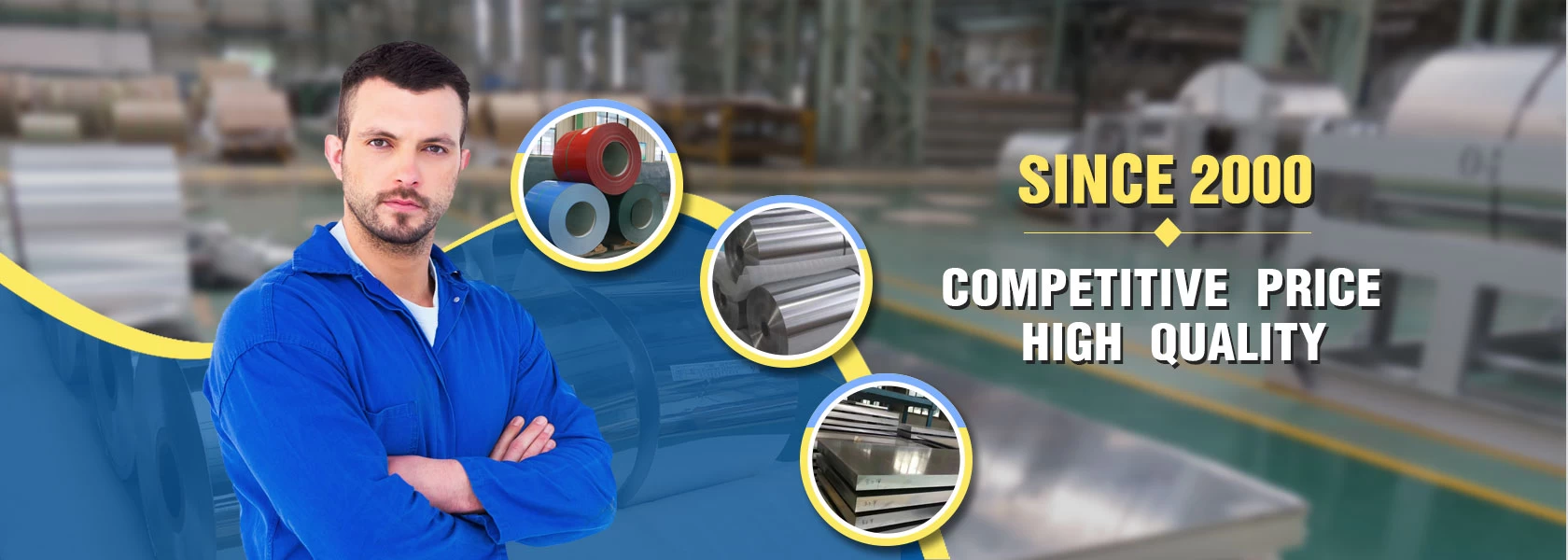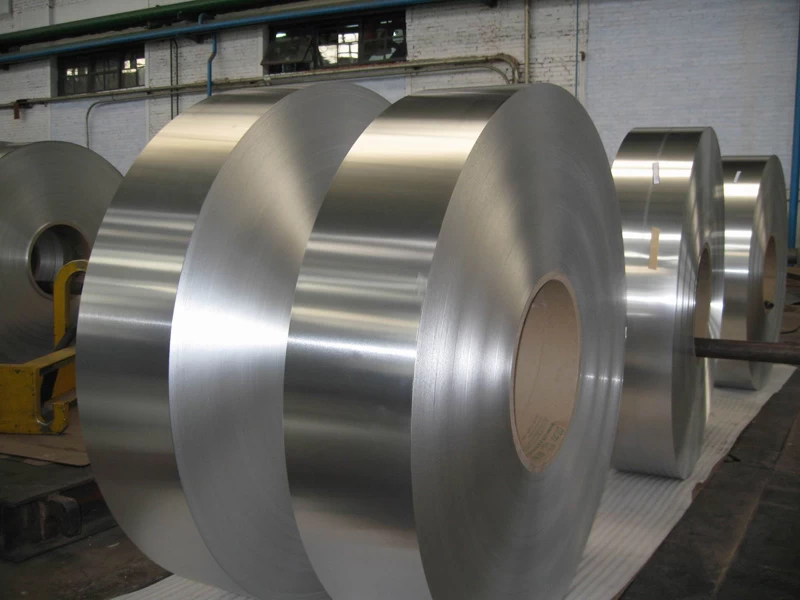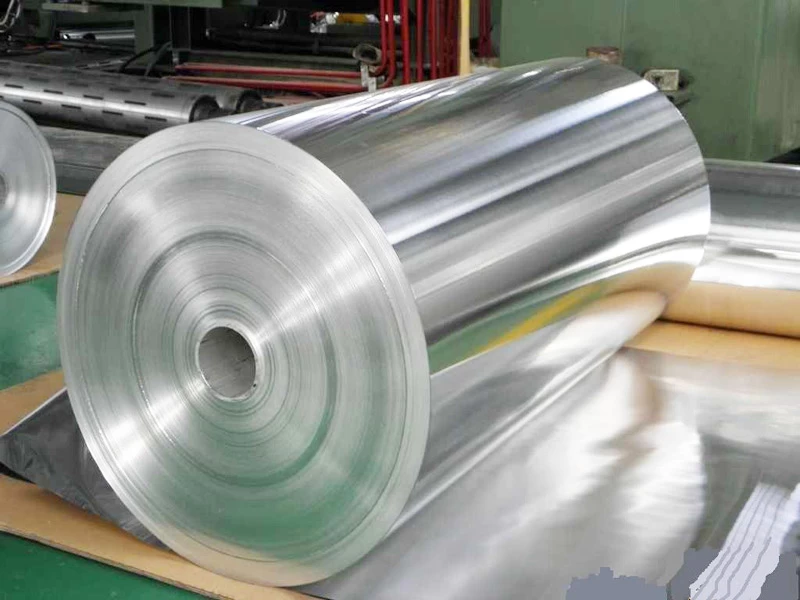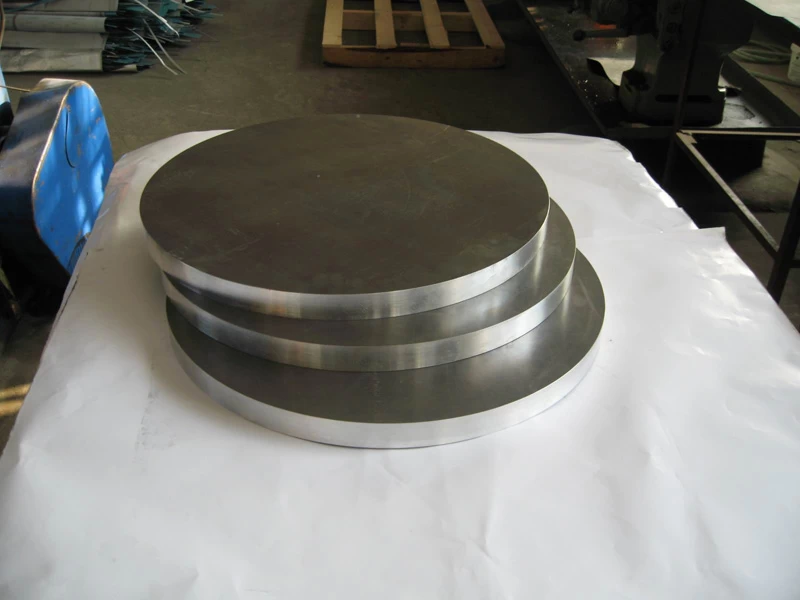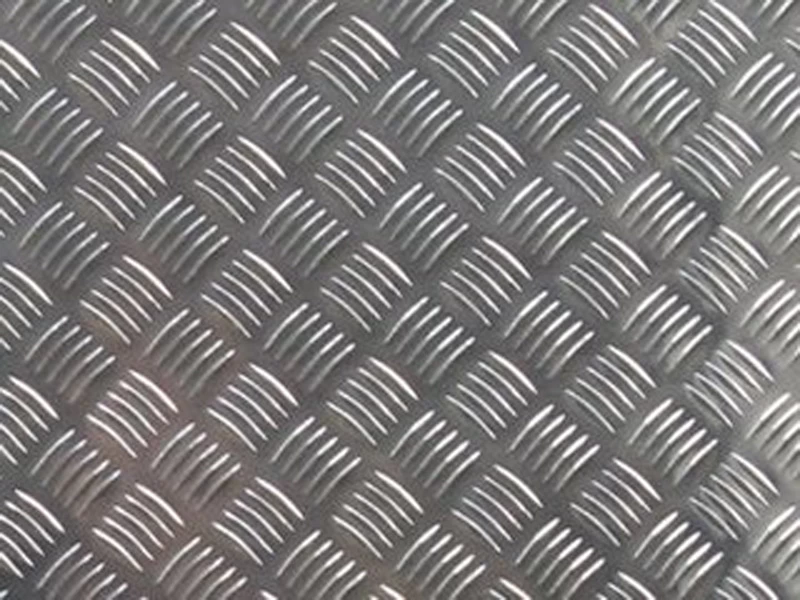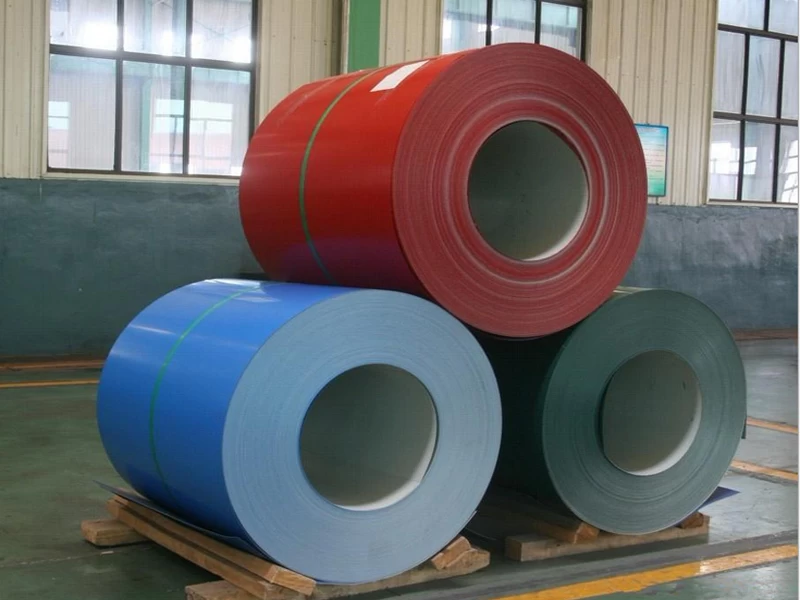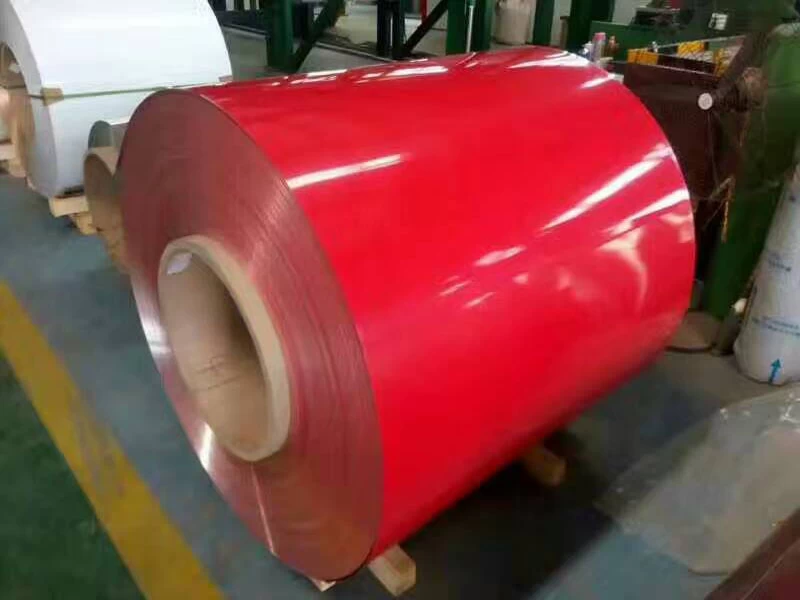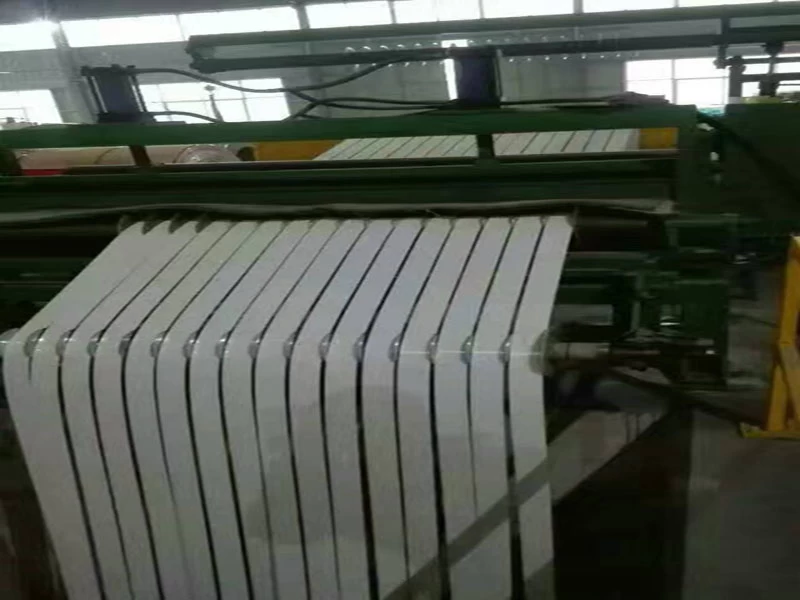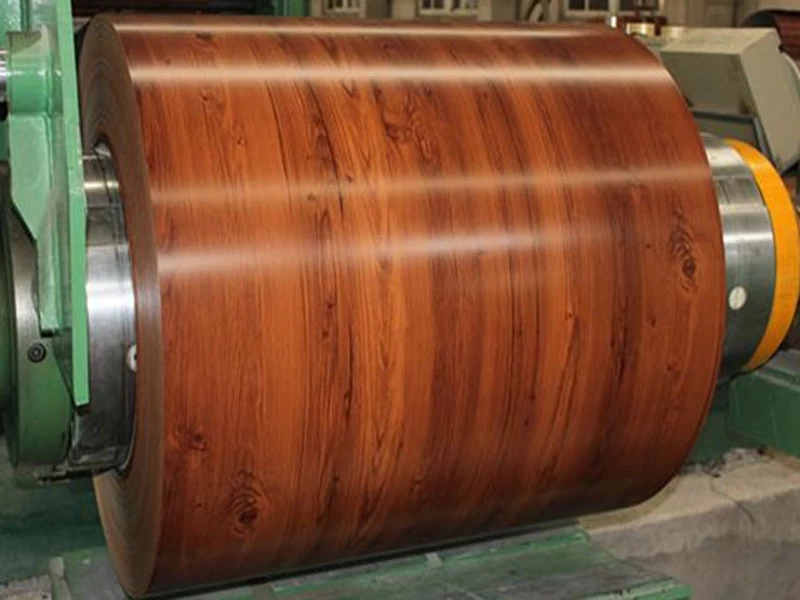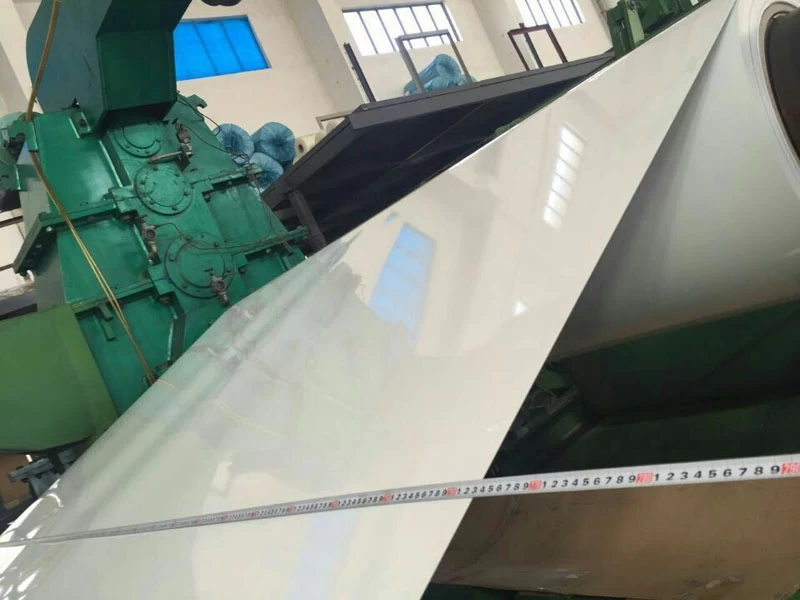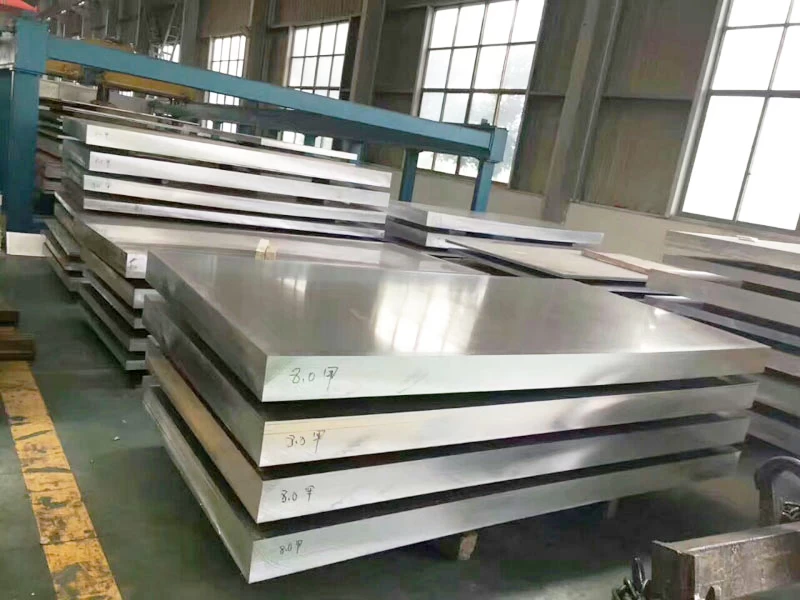Problems with Russia and Brazil that are expected to lead to a shortage of supplies in the aluminum
Dong Xing
aluminummanufacturerchina.com
2018-04-19 11:32:22
According to foreign news reports on April 16, the chief executive of Hydro, Norway, said on Monday that due to US sanctions against Russia and the reduction of Hydro's production in Brazil, the global aluminum market (5052 aluminum strip on sale) Will suffer from supply shortages.
In an interview, Svein Richard Brandtzaeg explained that from car manufacturers to soft drink bus producers, different industries are worried about delivery and sharp price rises. During the weekend, the production of the aluminum plant Hydro's Albras in Brazil was halved because a dispute over the nearby alumina refinery Alunorte could not be solved. The refinery supplies important aluminum raw materials.
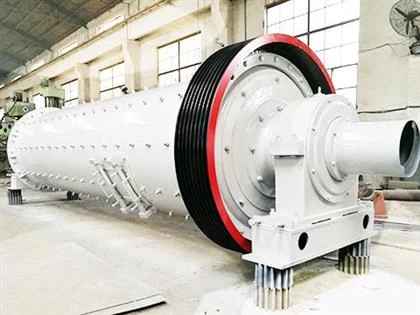 Brandtzaeg said: "If this situation persists for a long time, this could also lead to a reduction in the production of our smelting plants in Norway and these smelters also received alumina from Alunorte."
Brandtzaeg said: "If this situation persists for a long time, this could also lead to a reduction in the production of our smelting plants in Norway and these smelters also received alumina from Alunorte."
He also said: "This has a negative impact on the aluminum industry (Aluminum coating coil for sale). Long-term customers with stable relationships with us and our customers in the automotive industry are particularly concerned about this situation, both in terms of price and delivery costs. "London Metals Aluminum prices in the Exchange (LME) period reached a six-year high on Monday, continuing the increase in US sanctions on the production reductions of RUSAL and Hydro.
Brandtzaeg said at the head office of Hydro in Oslo: "Insufficient supply of alumina will lead to a shortage of aluminum unless RUSAL can quickly find new markets."
He added that RUSAL can maintain its production by exporting more to Asian countries, but this in turn distorts the market balance in Asia.
"We expect Asia to export more aluminum to the European market, especially as China faces export restrictions for the United States."
President Trump announced last month that it imposes 10% and 25% tariffs on imports of aluminum and steel to protect American metal producers.
The supremacy of Rio Tinto on some customer contracts also increased the aluminum prices of Monday.
Hydro's Albras aluminum plant in Brazil is the larger aluminum plant (7075 aluminum plate on sale) In South America and has an annual production capacity of 460,000 tons, equivalent to 230,000 tons per year. Factory production reductions will continue until Alunorte restores its full production capacity.
After heavy rainfall in February, Hydro admitted that some of the emissions from the Alunorte plant had entered the river, but denied pollution of the environment. Alunorte is the larger alumina refinery in the world. After the Brazilian government had ordered it to reduce production by half, the factory announced its superiority.
In an interview, Svein Richard Brandtzaeg explained that from car manufacturers to soft drink bus producers, different industries are worried about delivery and sharp price rises. During the weekend, the production of the aluminum plant Hydro's Albras in Brazil was halved because a dispute over the nearby alumina refinery Alunorte could not be solved. The refinery supplies important aluminum raw materials.

He also said: "This has a negative impact on the aluminum industry (Aluminum coating coil for sale). Long-term customers with stable relationships with us and our customers in the automotive industry are particularly concerned about this situation, both in terms of price and delivery costs. "London Metals Aluminum prices in the Exchange (LME) period reached a six-year high on Monday, continuing the increase in US sanctions on the production reductions of RUSAL and Hydro.
Brandtzaeg said at the head office of Hydro in Oslo: "Insufficient supply of alumina will lead to a shortage of aluminum unless RUSAL can quickly find new markets."
He added that RUSAL can maintain its production by exporting more to Asian countries, but this in turn distorts the market balance in Asia.
"We expect Asia to export more aluminum to the European market, especially as China faces export restrictions for the United States."
President Trump announced last month that it imposes 10% and 25% tariffs on imports of aluminum and steel to protect American metal producers.
The supremacy of Rio Tinto on some customer contracts also increased the aluminum prices of Monday.
Hydro's Albras aluminum plant in Brazil is the larger aluminum plant (7075 aluminum plate on sale) In South America and has an annual production capacity of 460,000 tons, equivalent to 230,000 tons per year. Factory production reductions will continue until Alunorte restores its full production capacity.
After heavy rainfall in February, Hydro admitted that some of the emissions from the Alunorte plant had entered the river, but denied pollution of the environment. Alunorte is the larger alumina refinery in the world. After the Brazilian government had ordered it to reduce production by half, the factory announced its superiority.

